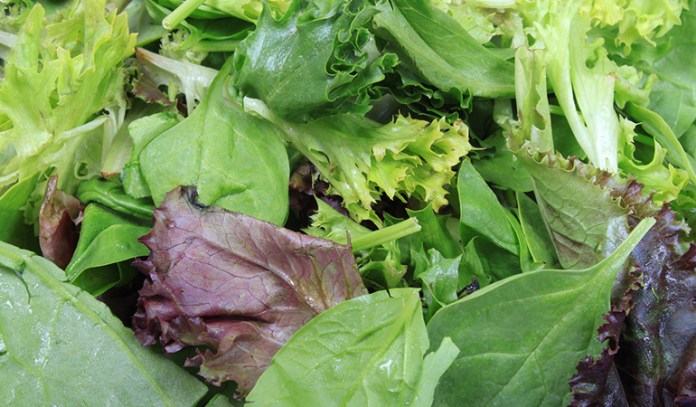Knee osteoarthritis can be annoying, but you don’t have to live in pain. Start by changing your diet! With the right foods, you can fight inflammation and symptoms. Over 30 million adults suffer from osteoarthritis. This degenerative joint disease is the most common form of arthritis, so know that you’re not alone. The risk increases with age, obesity, and joint overuse.
Women are more likely to get it than men. If you have relatives with osteoarthritis, your chances are also higher. Symptoms include pain, aching, stiffness, and swelling. Your range of motion may decrease, making it hard to do daily tasks. It can lead to disability over time.1 Fortunately, it’s never too late to improve joint health. Eat more of these five foods to treat knee inflammation.
Foods That Might Relieve Knee Osteoarthritis
1. Salmons Contain Anti-Inflammatory Fats

Salmon is a rich source of anti-inflammatory omega-3 fats. These “good” fatty acids will decrease joint pain and tenderness, making them a smart choice for arthritis.2 Yet, most Americans don’t get enough. We eat more omega-6 than omega-3.3
Eating salmon will also boost your intake of vitamin D, a nutrient that isn’t found in many foods. However, deficiency is actually linked to worsening knee osteoarthritis. It’s a pretty good reason to cook a fillet.4 If you don’t like salmon, try other fatty fish like tuna, halibut, trout, and mackerel.
2. Oranges Are A Rich Source Of Vitamin C

Oranges are great for your immune system, but they can also help your bones. It’s all thanks to the vitamin C. According to arthritis research & therapy, this antioxidant can prevent bone reduction and bone marrow lesions, two factors of knee osteoarthritis. General fruit consumption will do the trick.5 Oranges are a top source, offering 70 milligrams in one fruit. Strawberries, kiwi, and sweet red bell peppers are also high in vitamin C.6
3. Almonds Are Rich In Antioxidants

Vitamin E is another antioxidant that might relieve knee osteoarthritis. After all, oxidative stress may fuel the disease.7 For a delicious source, eat almonds. Like most nuts, almonds are packed with protein, so they’re great for staying full.8 This can help you lose weight, another risk factor for osteoarthritis.
4. Leafy Greens Contain Anti-Inflammatory Vitamin K

To slow down inflammation, eat more leafy greens. They’re full of anti-inflammatory vitamin K! This nutrient is also needed by proteins in the bone and cartilage.9 From kale to spinach, there are so many leafy greens out there. You can toss them in salads, soups, or smoothies. Add them to omelets or casseroles. For an anti-inflammatory meal, pair leafy greens with fatty fish.
5. Brussel Sprouts Are Rich In Sulforaphane

This one might surprise you. Brussels sprouts have sulforaphane, an anti-inflammatory compound. A 2013 study in arthritis and rheumatism also found that it protects the cartilage from damage. Sulforaphane is also found in broccoli, cabbage, and cauliflower.10
Don’t forget about exercise! Staying active will reduce knee inflammation and pain.11 To do it safely, work with a personal trainer or physical therapist.
References





